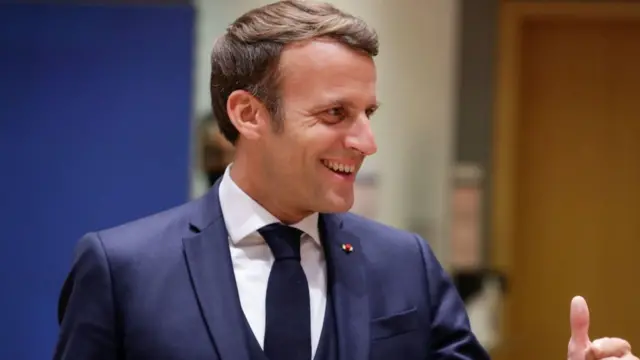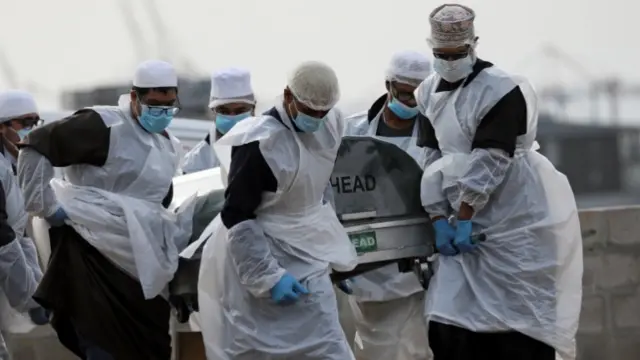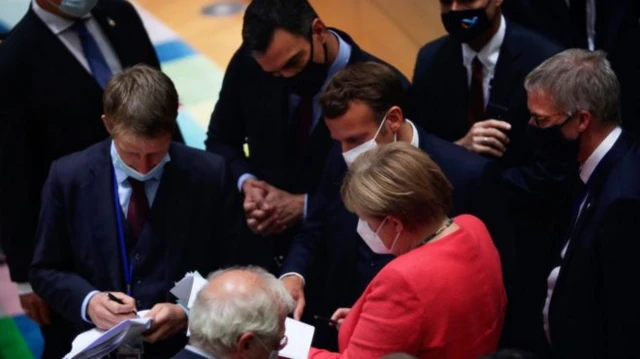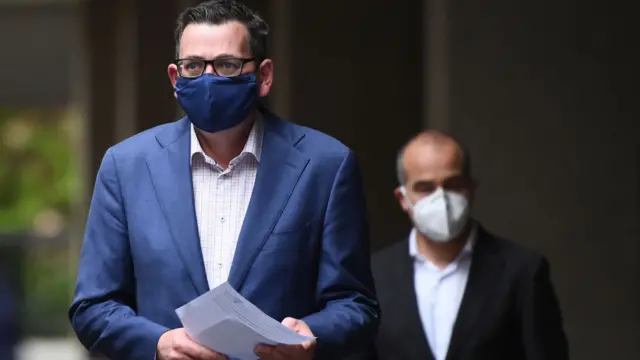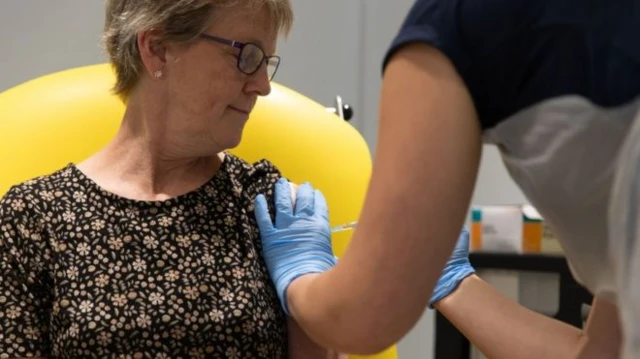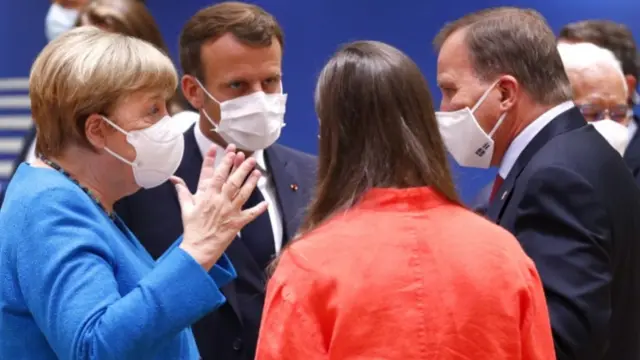Trump pushes masks as California sees record risepublished at 06:27 BST 21 July 2020
The US continues to see rising cases across many states. On Monday, California recorded a daily rise of more than 11,800 new infections according to a Reuters tally.
That would make it the highest daily number the state has seen so far and if California was its own country, it would now rank fifth in the world after the US, Brazil, India and Russia.
Meanwhile, President Trump has tweeted a photograph of himself with a face mask - a rare occurrence as he has often refused to be seen wearing one.
In the accompanying text, he says many people believe it is a patriotic duty to wear a mask if they can't socially distance. Health experts in the US have long urged both the public and the president to wear face masks to get the pandemic under control.
The US has more than 3.7 million infections and more than 140,000 deaths have been linked to Covid-19.
Allow X content?
This article contains content provided by X. We ask for your permission before anything is loaded, as they may be using cookies and other technologies. You may want to read X’s cookie policy, external and privacy policy, external before accepting. To view this content choose ‘accept and continue’.
